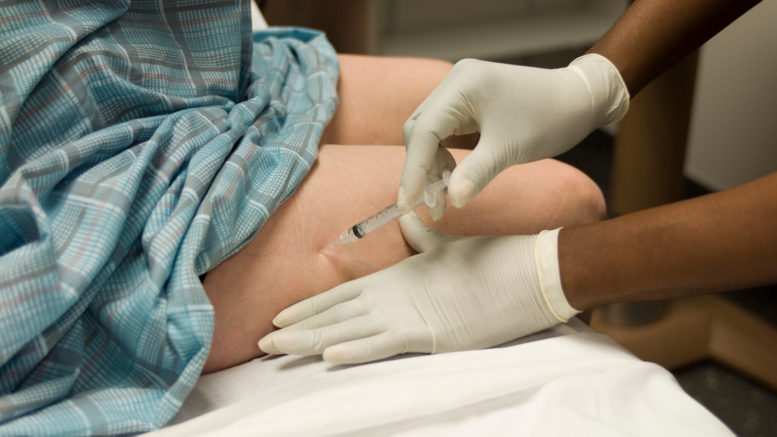A recent study suggests that alternating arms for administering doses of a particular vaccine may result in a more robust immune response compared to consistently using the same arm. Researchers focused on responses to the initial two doses of Covid-19 vaccines and found that individuals who alternated arms exhibited a slight increase in immunity compared to those who received both doses in the same arm.
While the observed boost in immunity may seem minor, it could hold significance for individuals who typically respond poorly to vaccines due to age or underlying health conditions. However, given the advanced stage of the pandemic where most individuals have received multiple vaccine doses or experienced prior infections, the benefits of alternating arms for Covid vaccines may be limited.
Nevertheless, if confirmed through further research, these findings could have implications for other multidose vaccines, including childhood immunizations. Dr. Marcel E. Curlin, an infectious disease physician who led the study, emphasized the need for a deeper understanding of this phenomenon before making any recommendations but suggested considering alternating arms when administering vaccines.
Previous studies comparing the two approaches have yielded mixed results, with none demonstrating a significant difference in immunity. However, a mouse study indicated that a single lymph node can generate robust immunity following vaccination, suggesting that targeting a single arm may suffice for most vaccines.
Dr. Curlin’s study involved repeatedly measuring antibody levels in pairs of university employees who were randomized to receive the second vaccine dose in the same arm or the opposite arm as the first dose. The results showed that switching arms led to a notable increase in blood antibody levels, persisting over time and enhancing immunity against both the original coronavirus and the Omicron variant.
While these findings may appear contradictory to some previous research, which suggested better immune responses when using the same arm consistently, the observed pattern gradually shifted over time in favor of alternating arms. This indicates that alternating arms could be a viable strategy to enhance immune responses and warrants further investigation.
Overall, while extending the interval between vaccine doses may offer greater benefits for most individuals, exploring strategies like alternating arms could be valuable, particularly for immunocompromised individuals. Further research is needed to fully understand the implications of this approach and its potential application in vaccination practices.

